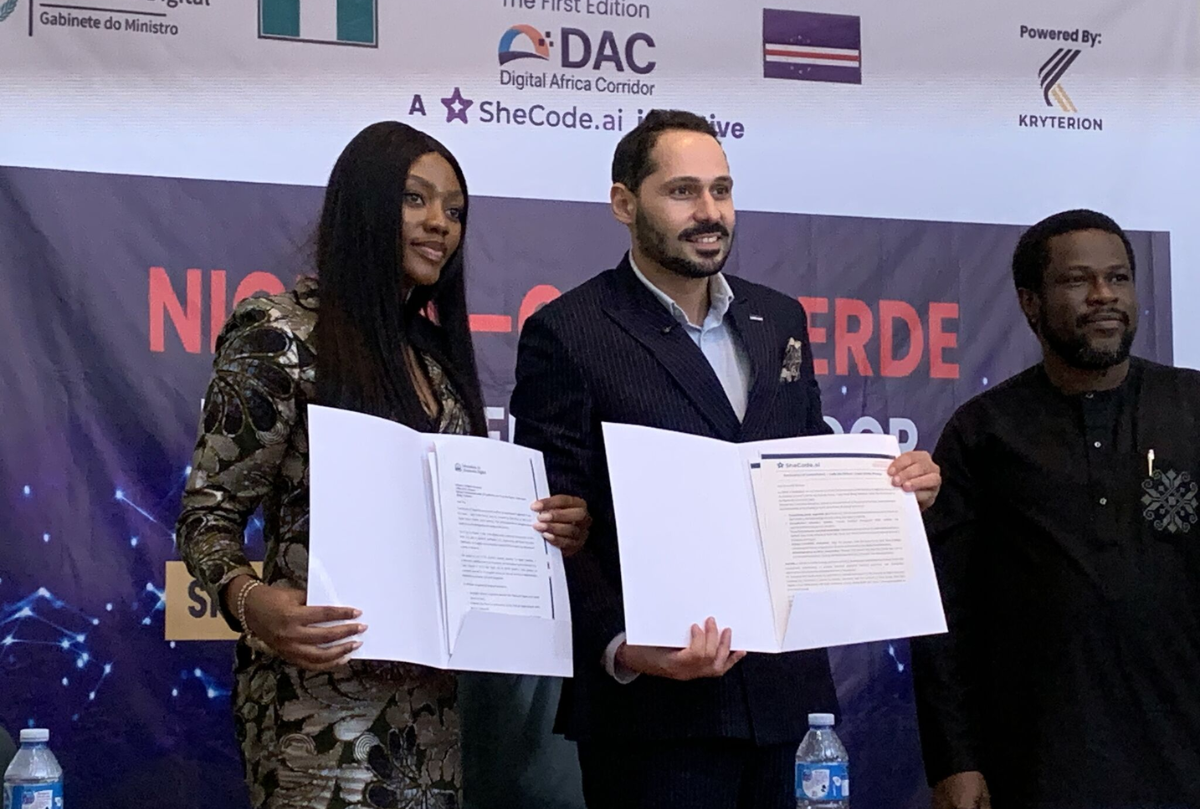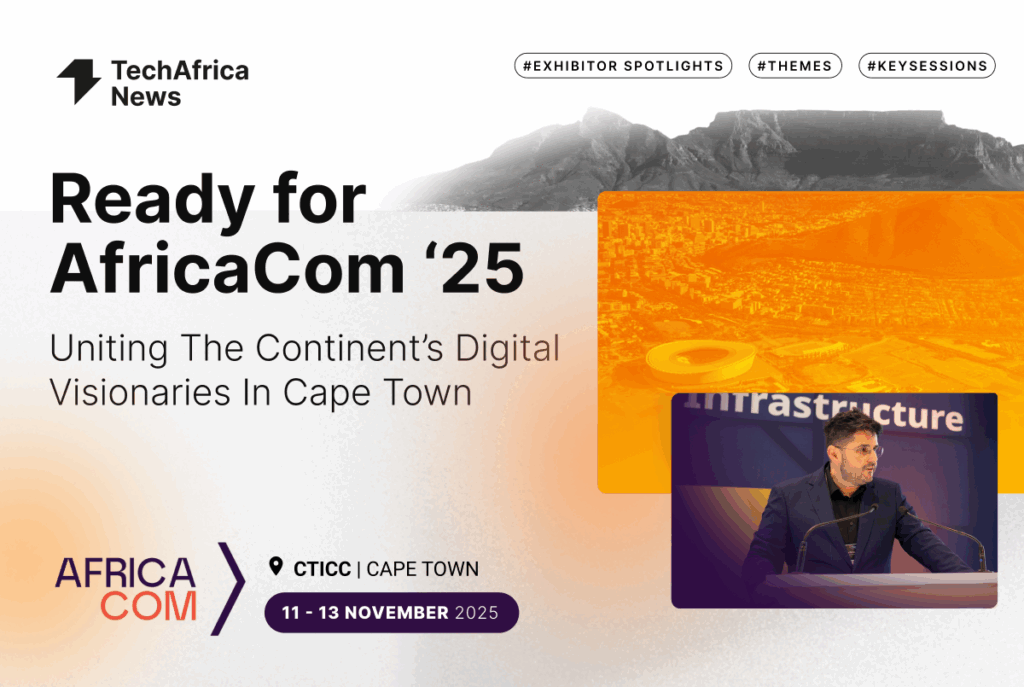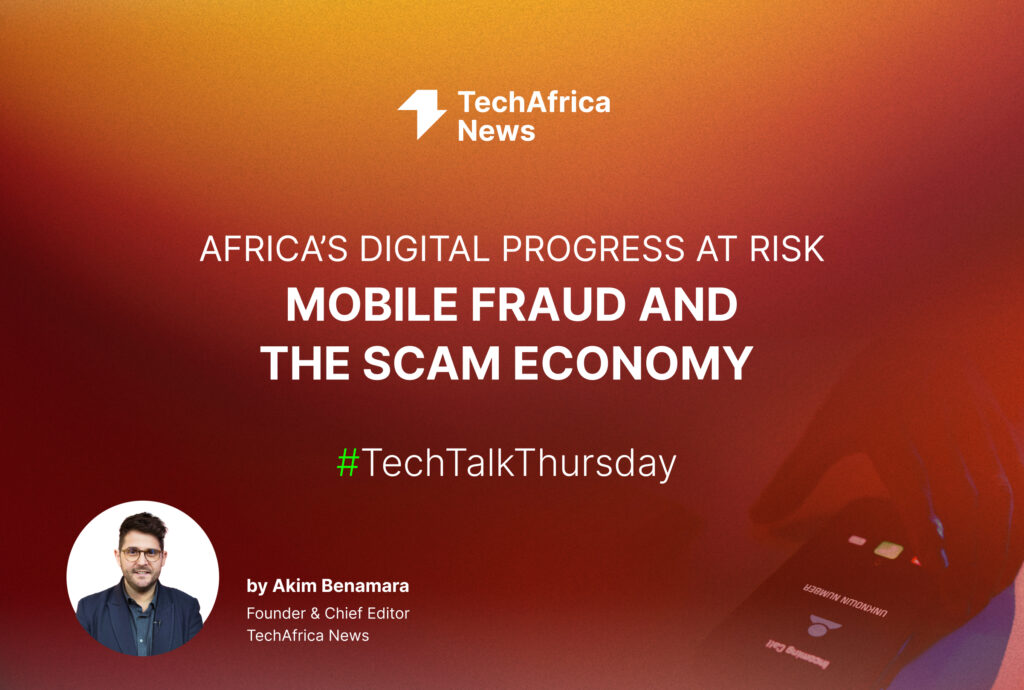Nigeria and Cape Verde Launch Digital Africa Corridor to Boost Innovation and Trade
This initiative is particularly focused on key areas like artificial intelligence, youth empowerment, and bilateral economic development.

Nigeria and Cape Verde have launched a significant new initiative, the Digital Africa Corridor (DAC), to foster stronger ties in technology, trade, and innovation. The project, officially launched in Abuja, aims to create a strategic partnership to pool skills, stimulate innovation, and build more inclusive digital ecosystems across the two nations. This initiative is particularly focused on key areas like artificial intelligence, youth empowerment, and bilateral economic development. According to Christiana Onoja, co-founder and CEO of SheCode.ai, a key organization behind the project, the corridor is a prime example of innovation diplomacy that can produce concrete results when governments, innovators, and the private sector collaborate.
“SheCode.ai created the Digital Africa Corridor to ensure diplomacy leads to action. With Cabo Verde, we now have proof: a government-endorsed flagship program and a clear mandate to expand into business cooperation. Code the Future will give 500 girls in Cabo Verde the skills to thrive, and the Corridor model will scale across Africa.”
-Engr. Christiana Onoja, Co-founder/CEO, SheCode.ai & Convener
A central component of the DAC is the “Code the Future – Cabo Verde Rising” program. This initiative will provide over 500 secondary school students on three Cape Verde islands with essential skills in coding and AI. The program will also offer training for teachers, supply STEM tools in Portuguese, and culminate in a national showcase of student projects. This focus on education is a strategic step toward equipping the next generation with the tools they need to succeed. The project is a testament to NABU’s mission to close the digital and literacy gap by delivering culturally relevant and inspiring content to children around the world.
“This endorsement is not just about Cabo Verde. It is about showing that African nations can lead their own digital future. We are proud to launch the first Digital Africa Corridor with Nigeria, and we look forward to welcoming Nigerian businesses to Praia to build real partnerships.”
-Hon. Pedro Lopes, Secretary of State for Digital Economy, Cabo Verde
Beyond education, the DAC has a dual focus on human capital development and infrastructure modernization. For Nigeria, where the digital economy already accounts for approximately 18% of GDP, this collaboration is a logical next step in its economic diversification strategy. Cape Verde, with a high internet penetration rate of 73.5%, sees this as an opportunity to build on its agile digital economy and leverage its technological infrastructure, such as the TechPark CV. The partnership will be further solidified with a Nigeria-Cape Verde Business and Innovation mission to be held in Praia in the fourth quarter of 2025, which aims to connect Nigerian companies with Cape Verdean partners in digital, renewable energy, and tourism sectors.
“Nigeria has a unique role to play as a facilitator of innovation diplomacy in Africa. This pilot corridor shows that when governments, innovators, and the private sector collaborate, the result is not talk, but programs and partnerships. Kryterion is proud to anchor Nigeria’s facilitation role.”
-Col. Felix Alaita (rtd), CEO, Kryterion Limited, Co-Convener/Facilitator
The ultimate goal of the Digital Africa Corridor is to strengthen digital inclusion, support the growth of local startups, and build sustainable connections between education, technology, and the economy. The success of this ambitious project will depend on both countries’ ability to maintain strong investment, ensure robust connectivity, and adapt their infrastructure to meet local needs. The initiative is seen as a way to ensure that technology and AI serve as powerful tools to create a more just and prosperous Africa, rather than reinforcing existing inequalities. This new collaboration is an important step in shaping an inclusive and equitable digital future for the continent.






